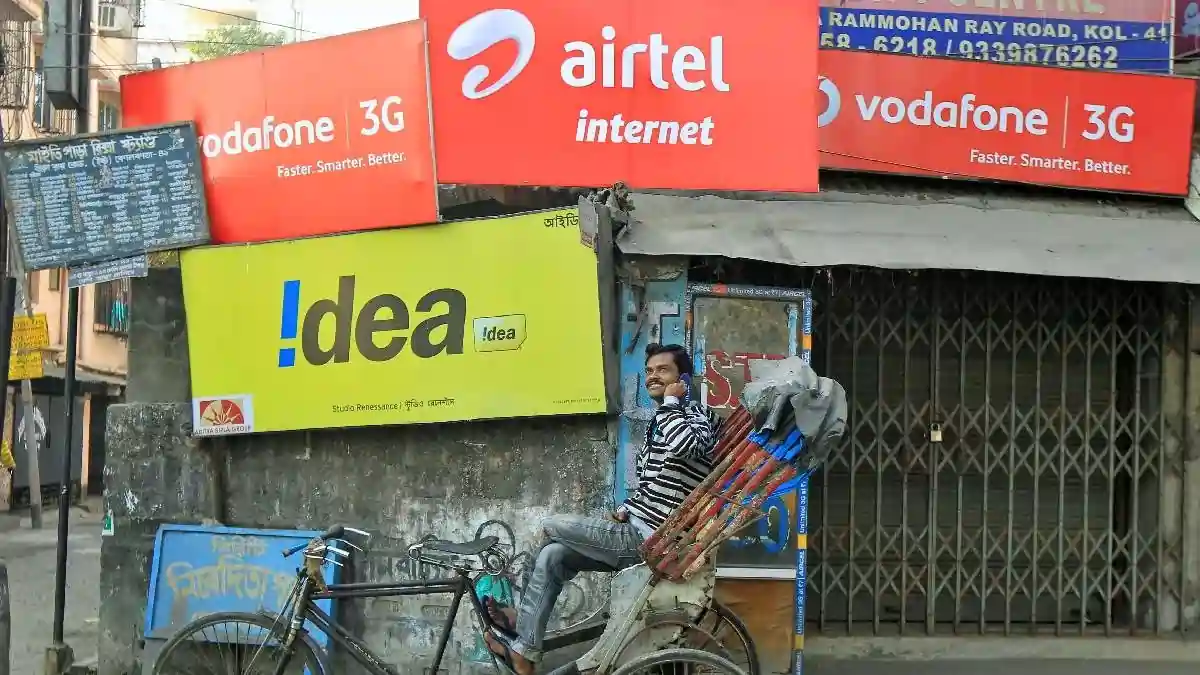TRAI has issued a warning about a scam involving fake mobile recharge offers. The telecom regulator has cautioned the public to avoid such fraudulent offers.
The Telecom Regulatory Authority of India (TRAI) has sounded the alarm over a new mobile recharge scam targeting millions of users across India. Fraudsters are sending fake messages claiming to offer free recharge plans for popular telecom providers such as Jio, Airtel, Vi, and BSNL. These deceptive messages aim to steal sensitive user information, including banking details.
The Anatomy of the Scam
The scam starts with an SMS or WhatsApp message claiming to be from TRAI. These messages promise lucrative recharge offers, often with links directing users to fake websites. Once clicked, these links can install malware on the user’s device, granting scammers access to personal and financial data.
TRAI has confirmed that it does not create or promote any recharge offers. Instead, it has urged users to rely solely on the official channels of their telecom providers for recharge plans and related information.
How Fraudsters Operate?
- Fake SMS Messages: Users receive messages resembling legitimate notifications from telecom providers or TRAI.
- Malicious Links: The messages include links to websites designed to mimic official portals, where users are prompted to enter personal details.
- Data Theft: Clicking these links can result in malware installation, leading to unauthorized access to personal and banking data.
TRAI’s Advisory to Mobile Users
TRAI’s primary advice is to exercise caution when dealing with unsolicited messages or calls offering free or discounted recharge plans. Authentic offers are always provided through verified channels of telecom companies such as their websites, apps, or customer care centers.
Key Recommendations:
- Verify Sources: Only trust information and offers from your telecom provider’s official website or app.
- Avoid Clicking Unknown Links: Do not click on links in unsolicited messages, even if they appear genuine.
- Report Suspicious Messages: Use platforms like Cybercrime.gov.in and Sanchar Saathi to report scams.
- Stay Updated: Follow TRAI’s official announcements and updates to remain informed about emerging threats.
Steps TRAI is Taking to Protect Users
In response to the rising number of scams, TRAI has blocked over 100,000 fake message templates in an effort to safeguard users. Additionally, it has collaborated with telecom providers to enhance the filtering of suspicious messages and calls.
Reporting Tools:
- Cybercrime Website: Users can report cyber frauds at Cybercrime.gov.in.
- Sanchar Saathi Portal: TRAI’s dedicated platform for telecom-related fraud reporting is accessible at Sanchar Saathi.
What Should You Do If You Receive a Fraudulent Message?
If you encounter a suspicious message or call, follow these steps:
- Do Not Engage: Avoid responding to the message or clicking on any links.
- Report Immediately: Use the provided platforms to lodge a complaint.
- Inform Your Telecom Provider: Reach out to your telecom company’s customer support to alert them about the scam.
Other News: WhatsApp Pay Gets Major Update
In related tech news, WhatsApp has rolled out its UPI payment feature to all users across India. Following approval from the National Payments Corporation of India (NPCI), the restrictions on user registration for WhatsApp Pay have been lifted. Users can now seamlessly make UPI payments directly within the app, marking a significant step in India’s digital payment landscape.
Must Read: Galaxy S24+ at Rs 64,999: Unbeatable Deal on Flipkart with Huge Discounts and Exchange Offers!







